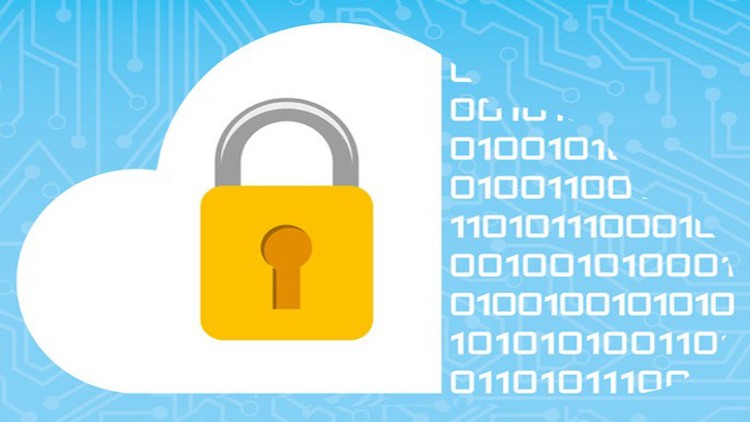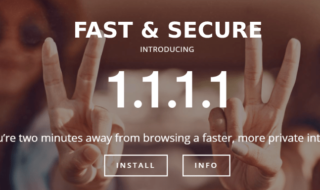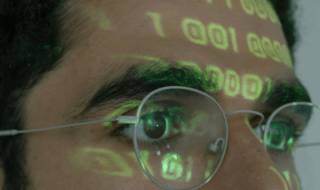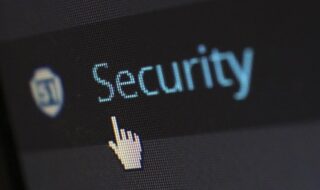In the digital age, where data is a valuable asset, security and data privacy are paramount considerations for any organization implementing an Enterprise Resource Planning (ERP) system. This article explores the significance of security and data privacy in ERP and provides insights into safeguarding sensitive information effectively.
Contents
- Introduction
- Understanding Security and Data Privacy in ERP
- The Importance of Data Protection
- Common Security Risks in ERP
- Strategies for Ensuring Security in ERP
- Authentication and Access Control
- Data Encryption
- Regular System Updates and Patches
- Employee Training and Awareness
- Vendor Evaluation and Compliance
- Continuous Monitoring and Incident Response
- Data Privacy in ERP
- Compliance with Data Regulations
- Managing User Data
- Conclusion
- FAQs
Introduction
With ERP systems housing sensitive business information, securing data and maintaining privacy are critical to preventing breaches, leaks, and unauthorized access. Let’s delve into the world of security and data privacy in ERP.
Understanding Security and Data Privacy in ERP
Security refers to protecting information from threats such as hacking, malware, and unauthorized access. Data privacy, on the other hand, focuses on controlling how data is collected, stored, and used. Together, they form the foundation of a secure and compliant ERP environment.
The Importance of Data Protection
Data breaches can lead to financial losses, reputation damage, and legal liabilities. Protecting customer data, financial records, and trade secrets is vital for maintaining trust and compliance.
Common Security Risks in ERP
ERP systems can be vulnerable to various risks, including cyberattacks, insider threats, and inadequate security practices. Weaknesses in authentication, data storage, and third-party integrations can expose vulnerabilities.
Strategies for Ensuring Security in ERP
Authentication and Access Control
Implement strong authentication mechanisms, such as multi-factor authentication, to ensure only authorized users access the system. Assign roles and permissions based on job functions to limit access to sensitive data.
Data Encryption
Encrypt data both at rest and in transit to prevent unauthorized access. Encryption ensures that even if data is intercepted, it remains unreadable without the proper decryption keys.

Regular System Updates and Patches
Stay up-to-date with system updates and security patches provided by ERP vendors. These updates often include fixes for known vulnerabilities and strengthen system security.
Employee Training and Awareness
Educate employees about security best practices and the importance of data protection. Raise awareness about phishing, social engineering, and the risks of sharing sensitive information.
Vendor Evaluation and Compliance
Choose ERP vendors that prioritize security and compliance. Assess their track record, certifications, and commitment to data protection standards.
Continuous Monitoring and Incident Response
Implement real-time monitoring tools to detect suspicious activities. Have a well-defined incident response plan in place to address security breaches promptly.
Data Privacy in ERP
Compliance with Data Regulations
Adhere to data protection regulations such as GDPR, HIPAA, and CCPA, depending on your industry and geographical location. Ensure proper consent and data handling procedures.
Managing User Data
Provide users with control over their data, including the ability to view, edit, and delete personal information. Obtain explicit consent before collecting and using user data.
Conclusion
Security and data privacy are non-negotiable aspects of ERP implementation. By taking proactive measures, implementing strong security protocols, and prioritizing data privacy, organizations can confidently embrace the benefits of ERP systems while safeguarding their most valuable asset—data.
FAQs
Why is data security crucial in ERP systems?
Data security is essential to protect sensitive information from breaches, unauthorized access, and cyberattacks.
What is data privacy in ERP?
Data privacy involves controlling how data is collected, stored, and used within an ERP system while adhering to legal and regulatory requirements.
How can ERP users contribute to data security?
Users can contribute by using strong passwords, adhering to security policies, and reporting any suspicious activities promptly.
Are there specific regulations for data privacy in ERP?
Yes, regulations like GDPR, HIPAA, and CCPA provide guidelines for data privacy and protection within ERP systems.
How often should an ERP system undergo security assessments?
Regular security assessments, including penetration testing and vulnerability scans, should be conducted to identify and address potential vulnerabilities.



